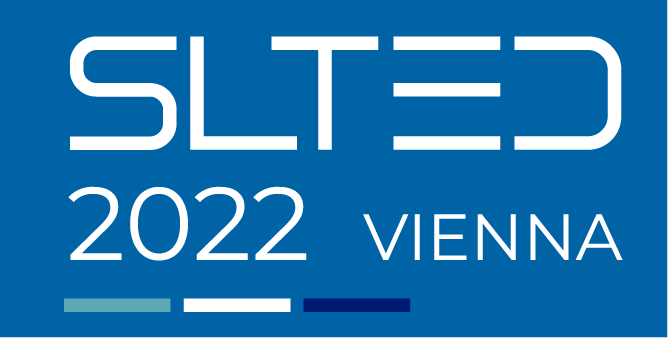Designing Digital Material for Foreign Language Learning

Designing Digital Material for Foreign Language Learning
Organisers: Manuela Schlick (University of Vienna, Austria) & Torben Schmidt (Leuphana University of Lüneburg, Germany)
Invited Speakers: Fabian Krengel (University of Göttingen, Germany), Michaela Rückl (University of Salzburg, Austria), Stefanie Wössner (Landesmedienzentrum, Baden-Württemberg, Germany)
New objectives, new preconditions and a growing range of media and applications to teach foreign languages call for a reevaluation of teachers' professional knowledge base for teaching foreign languages under the promises and challenges of digitalization. Consequently, teacher education needs to find answers to these new challenges and can itself draw on a growing range of media, applications, and collaborative learning formats.
With this double perspective in mind – of shifting demands and possibilities for both, language education and language teacher education – this symposium will focus on issues of language teacher education that wants to prepare (student) teachers for a conscious, principled, and successful decision-making when selecting, adapting, or designing digital media and digital education formats for language learning inside and outside the classroom.
In five 20-minute presentations, different trialled formats of language teacher education will be presented that all aimed at (student) teachers’ language-related digital teaching skills. All formats have in common that (student) teachers were introduced to different digital learning materials or formats for foreign language learning and supported in the design of their own materials or learning scenarios.
In the first session, three presentations will be followed by a short Q&A session between the presenters and the audience. The second session will offer two presentations, which will be followed by a 40-minute moderated discussion between all presenters and the audience. The discussion centers around the question of finding suitable teacher education formats that prepares (student) teachers well for digitally supported and digitally enhanced language classrooms.
We thank the research platform #YouthMediaLife for their financial support for this symposium.
